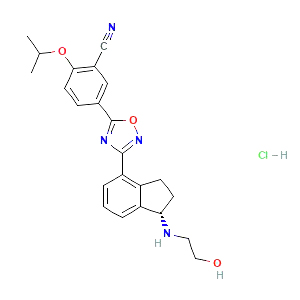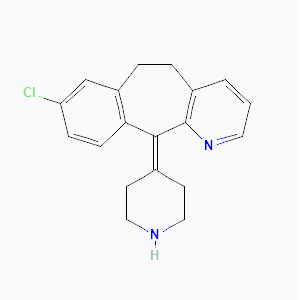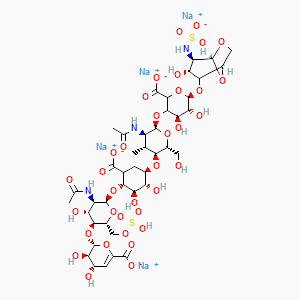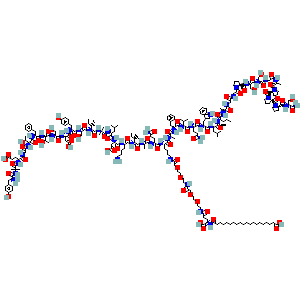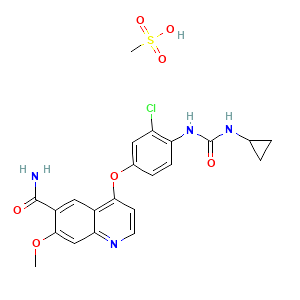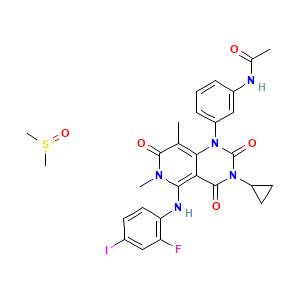Mechanism Of Action:
Ozanimod is a specific modulator of S1P receptors that selectively binds to S1P1R and S1P5R subtypes. While the exact mechanism of action of ozanimod is not fully elucidated, it is believed to impede the movement of lymphocytes, which typically contribute to the inflammation observed in multiple sclerosis (MS). By reducing lymphocyte migration, ozanimod potentially alleviates the inflammatory response associated with MS.
Indication:
Multiple Sclerosis
The treatment of relapsing forms of multiple sclerosis (MS), such as clinically isolated syndrome, relapsing-remitting disease, and active secondary progressive disease, involves various disease-modifying therapies. One of these therapies is ozanimod. While these treatments cannot cure MS, they have demonstrated the ability to modify various indicators of disease activity, including relapse rates, the presence of new or worsening lesions on MRI scans, and the progression of disability.
Ulcerative Colitis
The treatment of moderate to severely active ulcerative colitis (UC) in adults aims to achieve and sustain remission without the use of corticosteroids and promote healing of the intestinal lining. These goals are essential in the management of ulcerative colitis.

